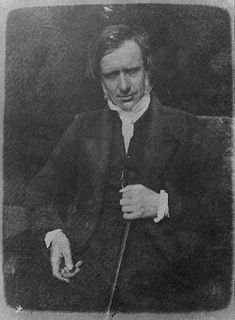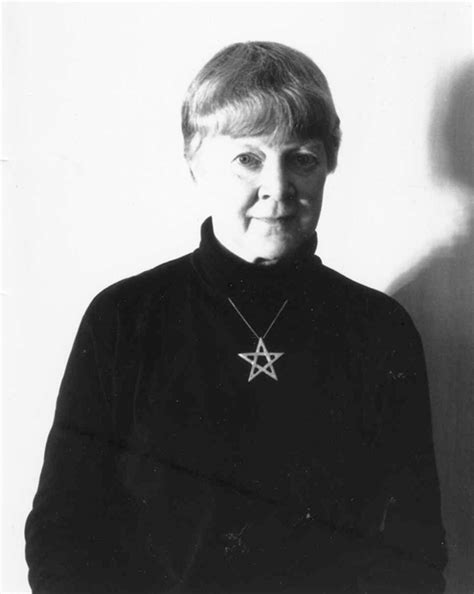A Quote by Alfred Lord Tennyson
There rolls the deep where grew the tree. O earth, what changes hast thou seen! There where the long street roars, hath been The stillness of the central sea. The hills are shadows, and they flow From form to form, and nothing stands; They melt like mist, the solid lands, Like clouds they shape themselves and go.
Related Quotes
O eloquent, just, and mighty Death! whom none could advise, thou hast persuaded; what none hath dared, thou hast done; and whom all the world hath flattered, thou only hath cast out of the world and despised. Thou hast drawn together all the far-stretched greatness, all the pride, cruelty, and ambition of man, and covered it all over with these two narrow words, Hic jacet!
In the life of every man there are sudden transitions of feeling, which seem almost miraculous. At once, as if some magician had touched the heavens and the earth, the dark clouds melt into the air, the wind falls, and serenity succeeds the storm. The causes which produce these changes may have been long at work within us, but the changes themselves are instantaneous, and apparently without sufficient cause.
Thin clouds form, and the shadows lengthen out. They have no breadth, as summer shadows have; there are no leaves on the trees or fat clouds in the sky to make them thick. They are gaunt, mean shadows that bite the ground like teeth. As the sun nears the horizon, its benevolent yellow begins to deepen, to become infected, until it glares an angry inflamed orange. It throws a variegated glow over the horizon.
As there is no worldly gain without some loss, so there is no worldly loss without some gain; if thou hast lost thy wealth, thou hast lost some trouble with it; if thou art degraded from thy honor, thou art likewise freed from the stroke of envy; if sickness hath blurred thy beauty, it hath delivered thee from pride. Set the allowance against the loss, and thou shalt find no loss great; he loses little or nothing, that reserves himself.
Think not so much of what thou hast not as of what thou hast: but of the things which thou hast, select the best, and then reflect how eagerly they would have been sought, if thou hadst them not. At the same time, however, take care that thou dost not, through being so pleased with them, accustom thyself to overvalue them, so as to be disturbed if ever thou shouldst not have them.
Beautifully Bleak. I likened the hills encircling Canberra to the sea. They, like the sea, could be a sunny beguiling blue, or deep and inky. They could be distant and mysterious, or beautifully bleak as the wind tore across the plains from their snowy peaks. The hills were ever changing like the sea.
The brooks flow to their lover, the sea, and the flowers smile at the object of their passion, the light. The mist rolls down to its beloved, the valley. And I? In me is what brooks do not know, what flowers do not hear, what the mist does not apprehend. You see me alone in my love, solitary in my yearning.
Sin! Sin! Thou art a hateful and horrible thing, that abominable thing which God hates. And what wonder? Thou hast insulted His holy majesty; thou hast bereaved Him of beloved children; thou hast crucified the Son of His infinite love; thou hast vexed His gracious Spirit; thou hast defied His power; thou hast despised His grace; and in the body and blood of Jesus, as if that were a common thing, thou hast trodden under foot His matchless mercy. Surely, brethren, the wonder of wonders is, that sin is not that abominable thing which we also hate.
In the beginning, in the time that was no time, nothing existed but the Womb. And the Womb was a limitless dark cauldron of all things in potential: a chaotic blood-soup of matter and energy, fluid as water yet mud-solid with salts of the earth; red-hot as fire yet restlessly churning and bubbling with all the winds. And the Womb was the Mother, before She took form and gave form to Existence. She was the Deep. . . .




































